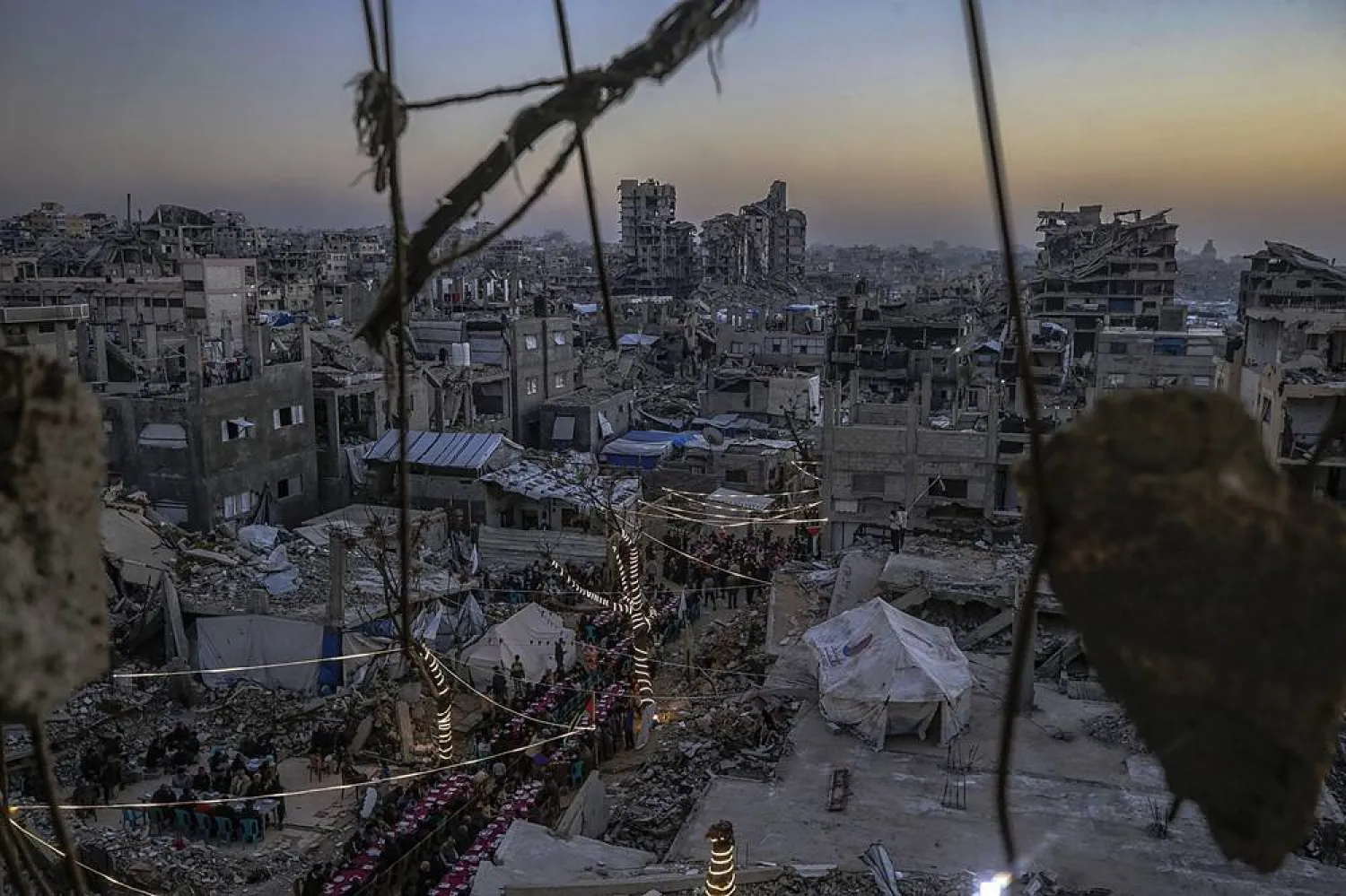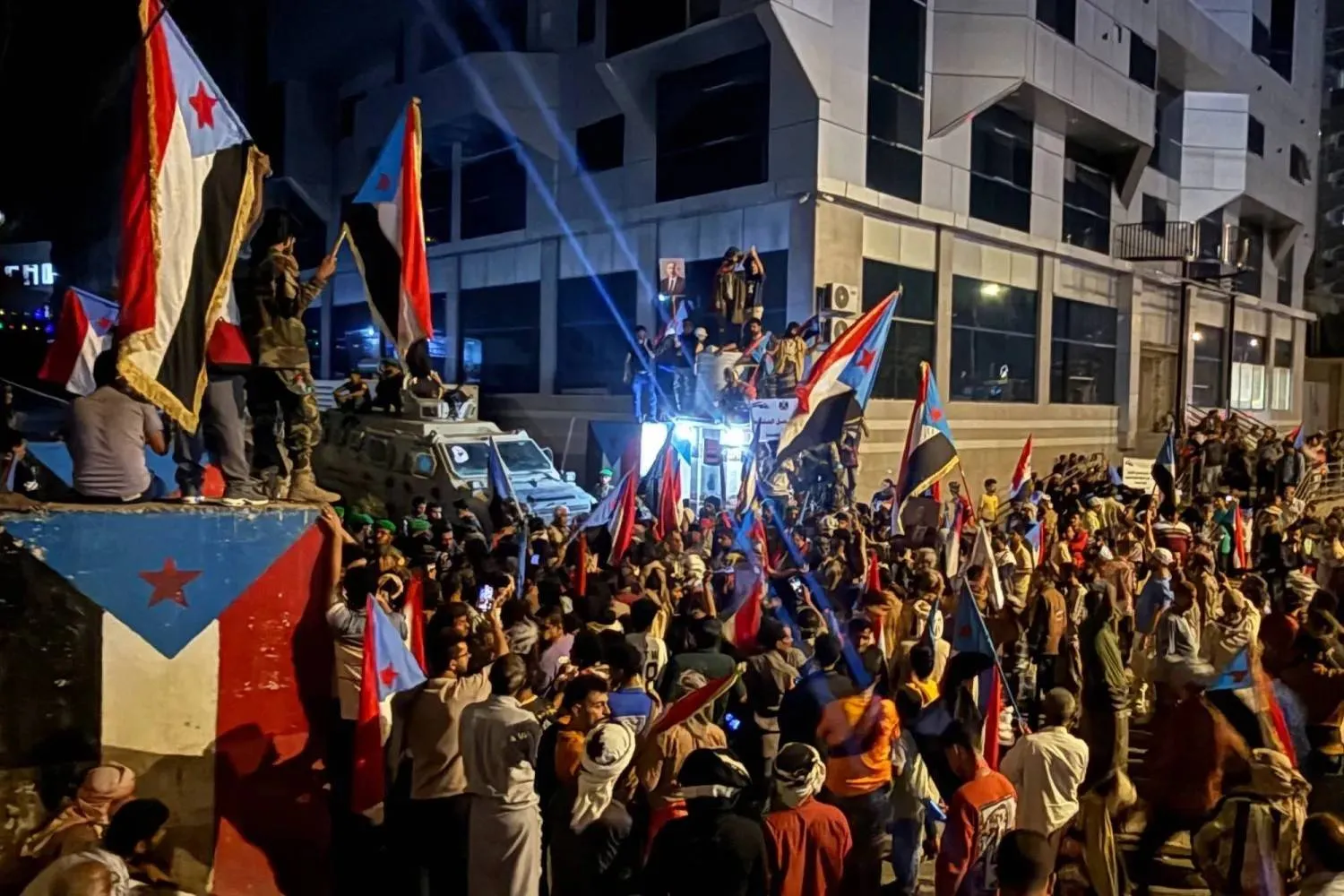The Houthi group in Yemen has approved amendments to a set of tax and customs laws.
These amendments grant their coup-led council’s head the authority to impose new taxes or increase existing ones.
This move is poised to open the door for a new wave of levies on Yemenis at a time when approximately three-quarters of them are already in need of some form of assistance.
According to political sources and activists in Sanaa, members of the so-called Houthi parliament, numbering no more than 30 individuals, voted on a proposal presented by Rashid Abu Lahoum, the finance minister in the unrecognized coup government.
The proposal grants the head of the governing council in Houthi-controlled regions the authority to amend laws and impose or modify tax and customs duties based on the minister’s proposal.
This is permitted without any interference from the coup government or the so-called Houthi parliament.
The Yemeni constitution unequivocally prohibits the imposition of any tax duties without legislation.
Sources have indicated that, as a result of the amendments introduced to tax, customs, and public finance laws, Houthi-controlled areas are poised to witness additional taxes and levies.
These would be in addition to the illicit levies and fees already imposed at customs ports established between governorates, as well as cleanliness fees, urban improvement charges, and local council levies, extending to sectarian event taxes.
Furthermore, the Houthis instructed the finance committee to continue discussing and approving these amendments.
Politicians and activists in Sanaa have emphasized to Asharq Al-Awsat that these amendments will pave the way for overwhelming the population in Houthi-run areas with levies and taxes.
In other news, the Yemeni government has condemned Houthis for their abduction of the head of a major teachers’ union.
The Sunday kidnapping comes amid a crackdown on a growing public movement demanding payment for public employees.
The Yemeni Teachers Club said that armed Houthis in Sanaa encircled the residence of its chairman, Abu Zaid Al-Kumaim, who was later kidnapped.
The club demanded the immediate release of Al-Kumaim and the payment of public worker wages.
In light of these developments, Yemeni Minister of Information, Culture, and Tourism, Muammar Al-Eryani called on the international community, the UN, and the UN special envoy to issue a clear and unequivocal condemnation and exert real pressure on the Houthis.
Pressuring Houthis is meant to secure the immediate release of the Al-Kumaim and put an end to the systematic policies of impoverishment and hunger inflicted on Yemen’s educational staff.









